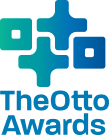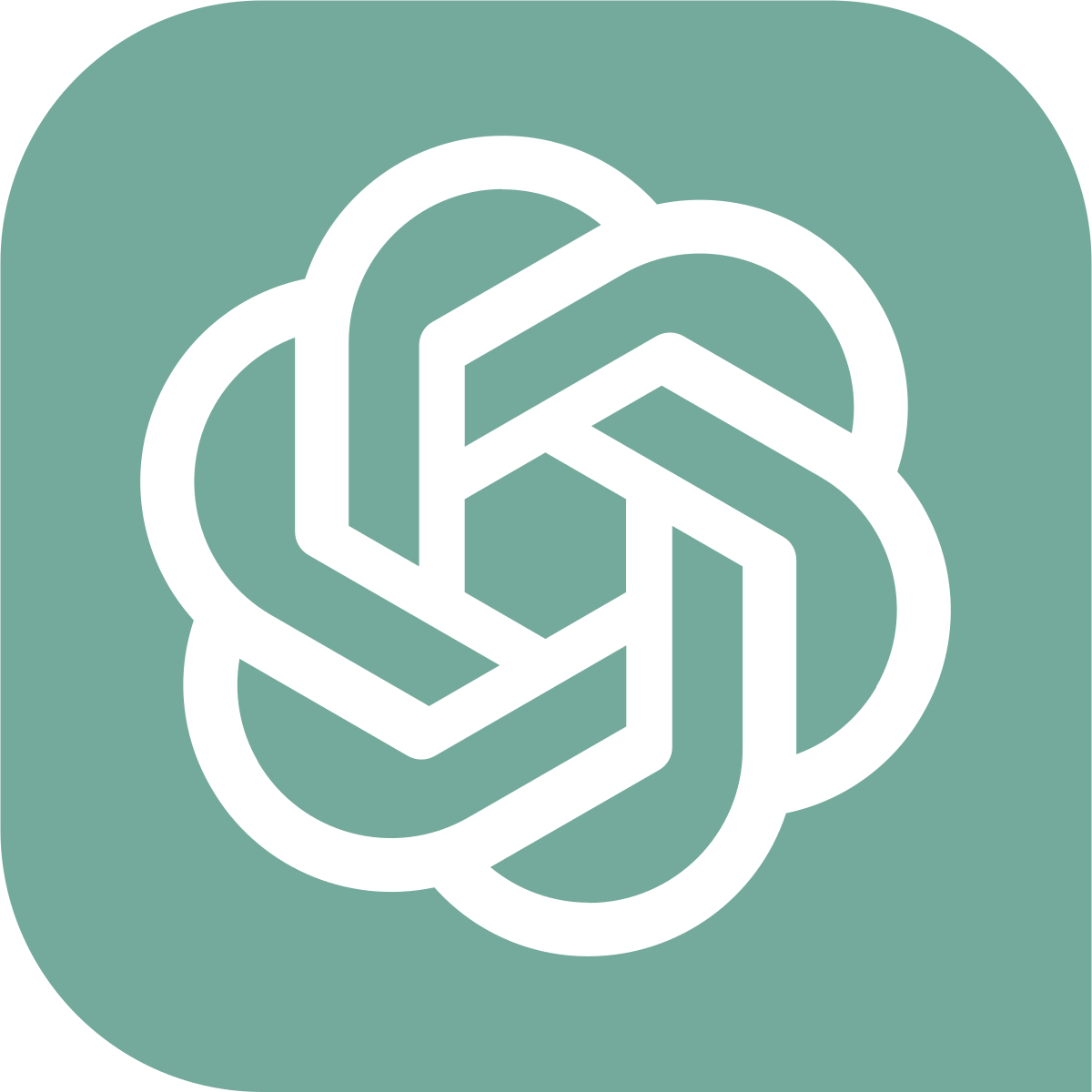I started this newsletter by turning to an AI to write it for me. Smart, right? I picked a topic—humor as a tool in brand-building—and the AI dutifully churned out 800 words that were quite elegant. It used the company names I had fed it, and it offered creative descriptions and analyses of just how each of these companies used humor to build their brand.
There was just one problem. It got every single company wrong. Every. Single. One. Relativity6 does not “playfully portray customer data as an intriguing mystery waiting to be solved,” as my AI alter ego wrote. Farmer’s Fridge, which sells salads in vending machines, does not use “quirky salad names” to catch the consumer’s eye. Hummingbird, the folding e-bike company, has never, as far as my Google research tells me, used the catchphrase “Pedal Power, Meet People Power,” which my article insisted it did, to illustrate their “clever” branding.
This made me think:
- Point: Don’t fire your team yet in anticipation of outsourcing everything to AI.
- Counterpoint: It’s early days in AI. Let’s see how it does in a year.
- Fundamentally: There’s a larger lesson here.
Much digital ink has been spilled—presumably by real, live humans—about how AI will upend every career. Marketing, communications, and PR, like all word-based industries, seem like they may be on the virtual chopping block. Committing yourself to a career in a field challenged by AI (which can feel like pretty much all of them) can feel like going into the horse carriage business while Model Ts are rolling off the assembly line next door.
If you’re feeling unsettled, here’s the question you have to ask yourself: Are you in the carriage business, or are you in the transportation business? Carriages are fleeting. Transportation is forever.
The promise of AI certainly raises the bar. Soon there will be no reason to not at least hit a 10th grade level in writing, even if you don’t speak the language—or because you’re still a toddler. But humans buy from humans. Humans like to interact with humans. So in a world suffused with automation and simulacrum, your ability to tell the story of your company—to tell the human story of your company—becomes more important, not less.
Po-Shen Loh, a professor at Carnegie Mellon and Team USA coach for the International Mathematical Olympiad, is on a mission to spread this gospel for all aspects of your life. He was attracted to math as a young man because it was logical and precise. Now, he realizes, computers do logic and precision really well. “Think about what makes humans human,” he recently told the Wall Street Journal, “and lean into that as hard as possible.”
Entrepreneurs start businesses because they’ve found a pain point. That’s human pain, not computer pain, as Loh points out. People love brands that are real, emotional, human. People love companies that are run by people who are like them, who support them, who care about the same things.
Change has become so ubiquitous, and described in such breathless tones, that identifying all the ways in which “everything is different” can often obscure the ways in which how little has changed. In many ways, politics still resemble politics from hundreds of years ago. Families are still families, with the same family dynamics, and with kids who need to learn and grow and find their way, and parents who try to support them the best they can. And if you ever wanted to find the silver lining in the completely implacable and seemingly unchangeable disaster that is Middle East politics, savor the fact that it is a crisp counterpoint to anyone who insists that “everything is different now.”
AI doesn’t remove anything about who we are. It raises the bar. Don’t do second-class work. Make sure you’re in the transportation business. And when it comes to communicating your startup, make sure that you highlight and celebrate the human aspects of your business. People buy from people.

